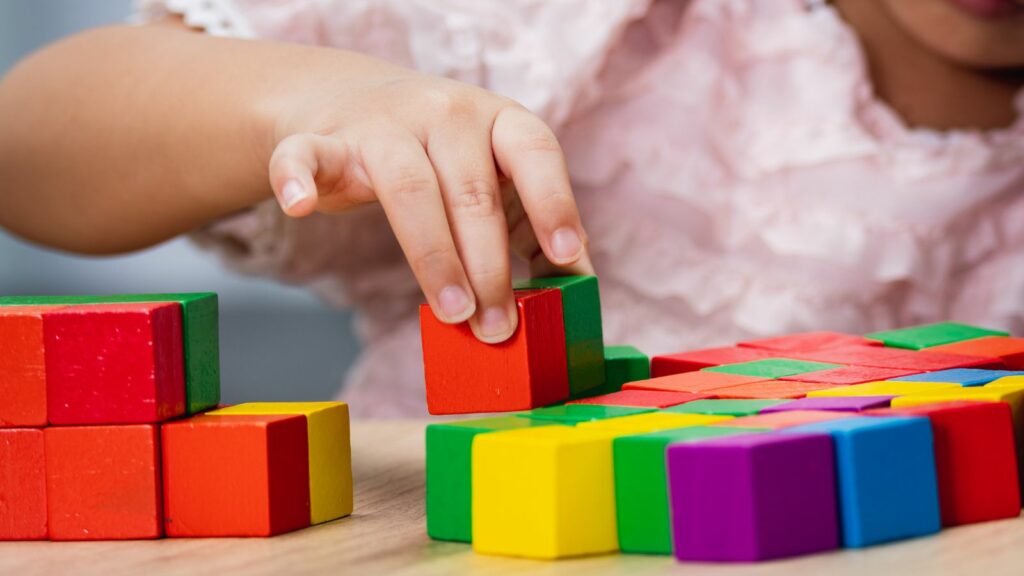In the intricate world of child development, perspectives abound, each offering unique insights into the unfolding journey from infancy to adolescence. This article delves into these viewpoints, shedding light on the theories that guide our understanding of children’s growth and maturation.
From cognitive and emotional to social and physical aspects, child development is a multifaceted process that’s continually shaped by a myriad of factors. Our exploration will offer a comprehensive look at these elements, paving the way for a deeper understanding of this complex topic.
Child Development Perspectives
Recognizing child development perspectives provides essential insights into understanding children’s growth patterns. This section unveils the importance of developmental stages and introduces various key theories relevant to child development.
Developmental stages are pivotal; these stages signify children’s growth through different phases of life. Recognizing each stage’s significance, children mature, learning new skills, adapting to their environment, and meeting challenges head-on. For instance, during the sensorimotor stage (birth to 2 years), babies learn about the world through their senses and motor skills.
Data records indicate that cognitive skills increase drastically during this period. According to a survey conducted in 2018, From 0 to 1 year old, vocabulary acquisition rises from zero to approximately 50 words, indicating the substantial cognitive development occurring during early childhood.
Different Perspectives in Child Development
Various viewpoints exist on the fascinating subject of child development, emphasizing diverse influences and elements of a child’s growth. Three notable perspectives hold critical importance: the psychological, sociocultural, and biological perspectives.

Seen widely in the field, the psychological perspective addresses emotional, cognitive, and behavioural aspects of development. Psychological theories, applied across the lifespan, explain the complex processes that shape a child’s mental and emotional state. An instance is Sigmund Freud’s Psychosexual Theory, stipulating a series of stages where pleasure-seeking energies influence personality. Moreover, the cognitive development theory by Jean Piaget maps out cognitive growth originating from child-infant interactions with their environment. Contrarily, psychologist Erik Erikson posits psychosocial development, stressing how social interactions and conflicts influence growth across eight life stages.
The Sociocultural Perspective
The sociocultural perspective scrutinizes the impact of a child’s surroundings on their development. The notion holds decisive weight, crediting a substantial influence to societal and cultural forces in shaping a child’s cognitive and social processes. This perspective explores how factors such as parenting styles, socio-economic status, cultural practices, and peer interactions mold a child’s growth. Theorist Lev Vygotsky, for example, postulated that cultural context profoundly influences cognitive development. Children learn best through guided interactions within their Zone of Proximal Development, conditioned by the capabilities of their mentors.
Role of Nurture and Nature in Child Development
The intricate interplay of nature (genetics) and nurture (environment) significantly impacts child development. This section delves deeper into these influences, exploring how genetic and environmental factors shape a child’s intellectual, emotional, and physical growth.
Genetics materialize as one of the fundamental aspects of child development. They provide the groundwork for a child’s physical characteristics such as height, eye color among other features, and predisposing potential for physical growth and development. Moreover, revealing links exist between genetic make-up and a child’s personal traits. For instance, temperamental characteristics and cognitive abilities, such as intelligence, exhibit strong genetic influences. Research conducted on identical twins establishes these genetic bonds, showcasing stark similarities in personality and cognitive capacity, even if they grow up in separate environments. Therefore, genetics play a crucial role, setting the foundation on which children build their identities.
Environmental Influence on Child Development
While genetics set the basis, the environment greatly influences how these genetic traits manifest in child development. The environment here constitutes family, schooling, societal influences, nutrition, and even exposure to stress.Family environments present significant impact on child development. Positive interactions encourage developmental progression, whereas negative ones, such as abusive or neglectful households, retard it. Schools fall into the same bracket. They function as a crucial environment where children learn key socio-emotional skills, alongside traditional academic skills.



